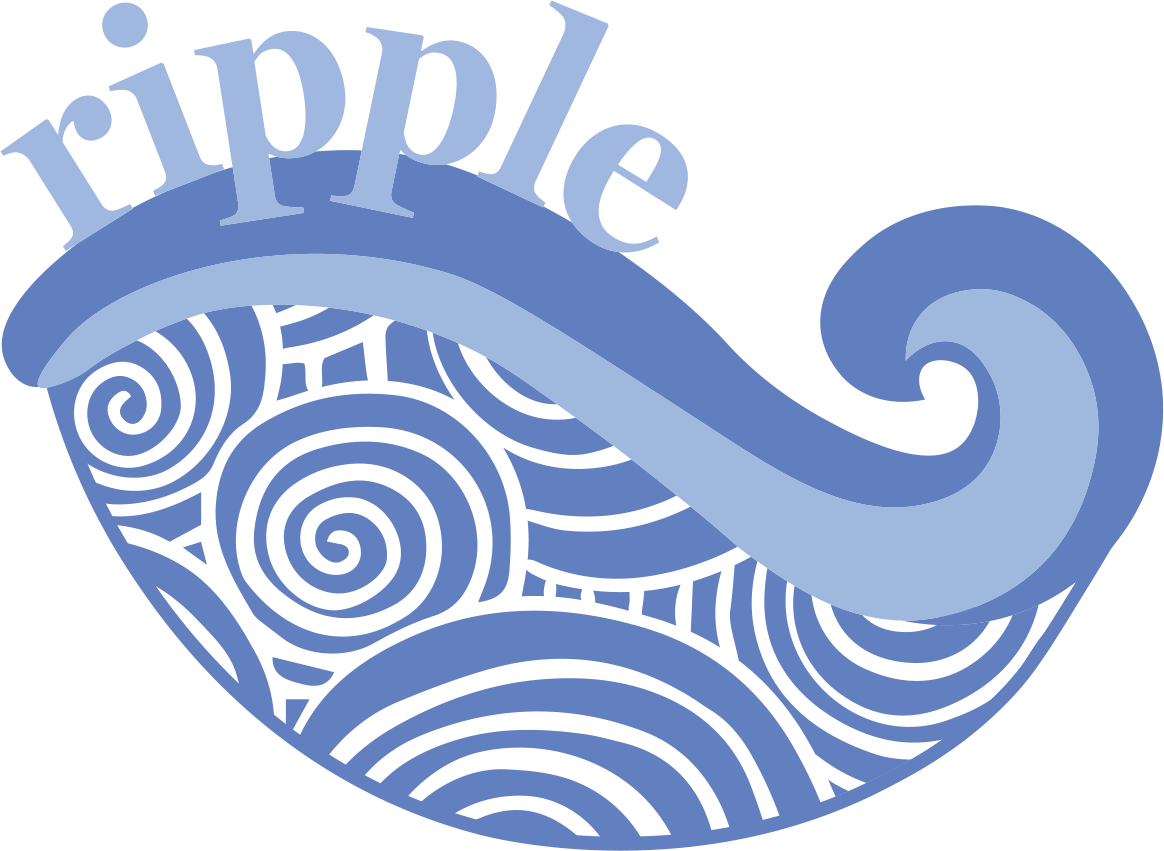The science is clear that vaccination saves lives. But there are still people who do not want to be vaccinated against COVID. Some people do not want to be vaccinated because they are concerned about things they have heard about vaccine ingredients; they are afraid of the side effects; they do not want government or their employer to force them to get the vaccine; and some believe conspiracy theories about the vaccines. Sometimes, these beliefs come from things they’ve read on social media or heard on TV.
Talking to someone who does not want the vaccine requires understanding where they’re coming from. Listening is important. Ask them what it would take to make them change their mind. It may be helpful to share why you think vaccination is important, and how you came to that decision. For example, you may have overcome your own doubts and concerns about getting vaccinated. Share that story with them. If they have specific concerns, address them as they come up. As much as possible, stick to the facts. People who are hesitant to get vaccinated may need to hear how they will personally benefit from getting the vaccine. It can prevent serious illness. It can prevent long-term negative health problems (“long-COVID”). And it can prevent death from COVID.
Supporting Links:
https://www.bbc.com/future/article/20211209-how-to-talk-to-vaccine-hesitant-people
https://open.bu.edu/server/api/core/bitstreams/cd410c34-cfff-48b4-8fb4-ed4badf76465/content
https://health.usnews.com/conditions/coronavirus-and-your-health/articles/how-to-talk-to-someone-whos-hesitant-to-get-the-covid-19-vaccine
